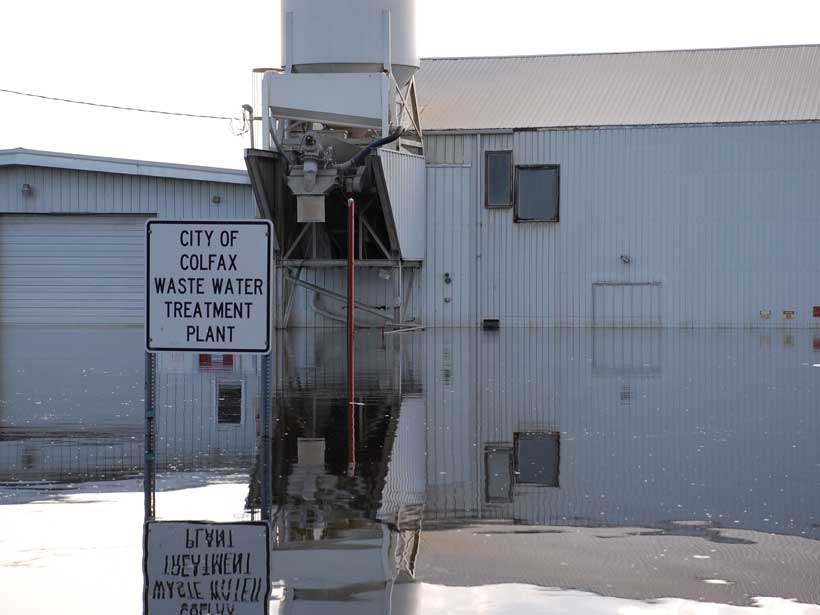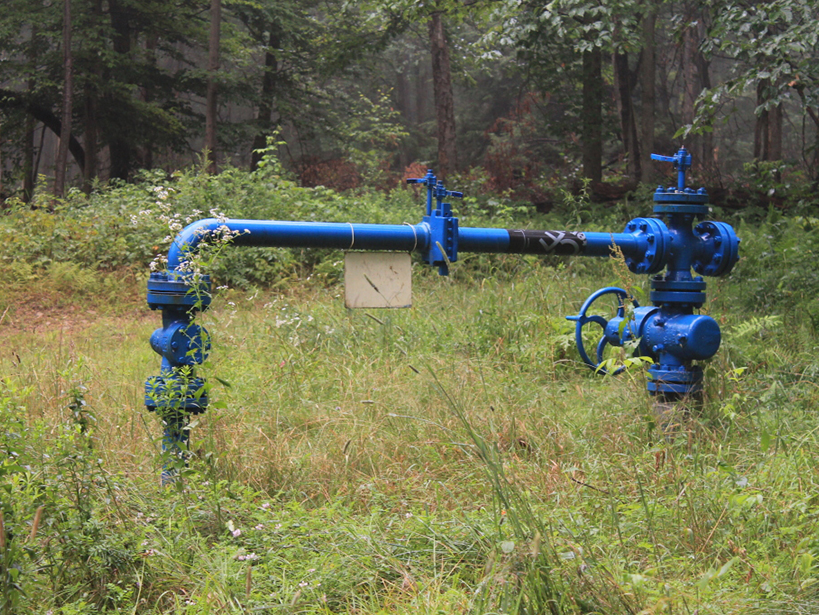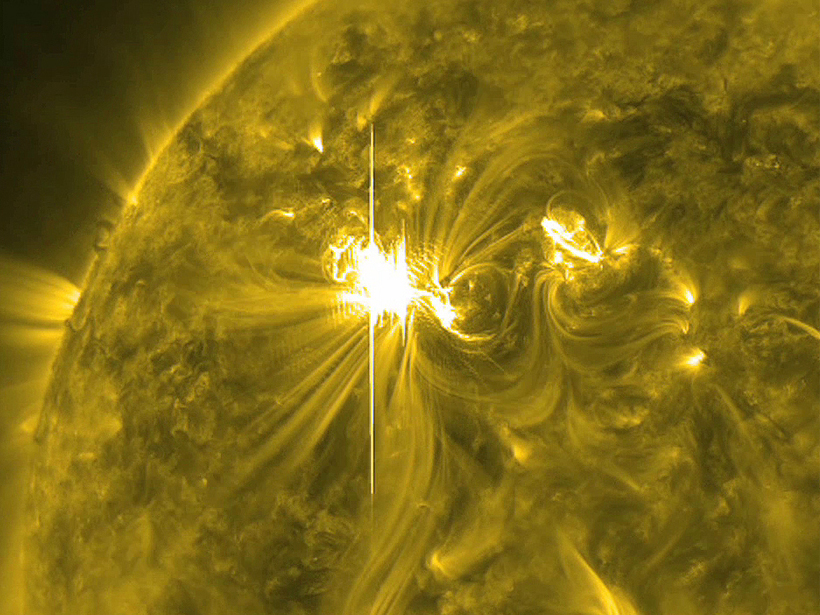Untreated sewage could affect 5 times more people than direct flooding, a new study shows.
safety
Damage Assessment by Laser Could Focus Postearthquake Response
Airborne lidar surveys taken before and after a powerful 2016 earthquake in Japan revealed the potential for such surveys to identify hard-hit buildings quickly.
Group Touts “Beneficial” Coal Ash Recycling
An industry group says recycling coal ash, the second-largest U.S. waste stream, helps the environment and economy. Recycling has a role but also raises concerns, environmentalists argue.
How Lightning Creates "Killer Electrons" in Earth's Radiation Belts
New calculations show that lightning-triggered plasma waves in Earth's magnetosphere absorb energy from slow particles and energize electrons to levels that can damage satellites severely.
What Happens to Methane That Leaks from Abandoned Wells?
Three-dimensional simulations suggest that some aquifers may be more vulnerable to contamination from leaky oil wells than others.
Tougher Guidelines Issued for Alaska Offshore Drilling
The regulations will reinforce safety mechanisms and provide stronger planning efforts and enhanced regulatory certainty, according to the Department of the Interior.
Enhancing Safety in a Volcano's Shadow
A new project gives civil authorities and scientists a common set of tools for assessing volcanic hazards and managing associated risks.
Does Geothermal Exploitation Trigger Earthquakes in Tuscany?
For the past 25 years, power production has been accompanied by a small but steady increase in seismicity near geothermal wells. A new project seeks to explore why.
Storms Cause Infrequent Turbulence for Aircraft, New Study Finds
Scientists using lightning sensors to automate air-turbulence detection have found evidence that storms jostle aircraft much less than previously thought.
New Model Predicts Big Solar Proton Storms
Forecasts of dangerous solar events could buy time for astronauts en route to the Moon or Mars.










